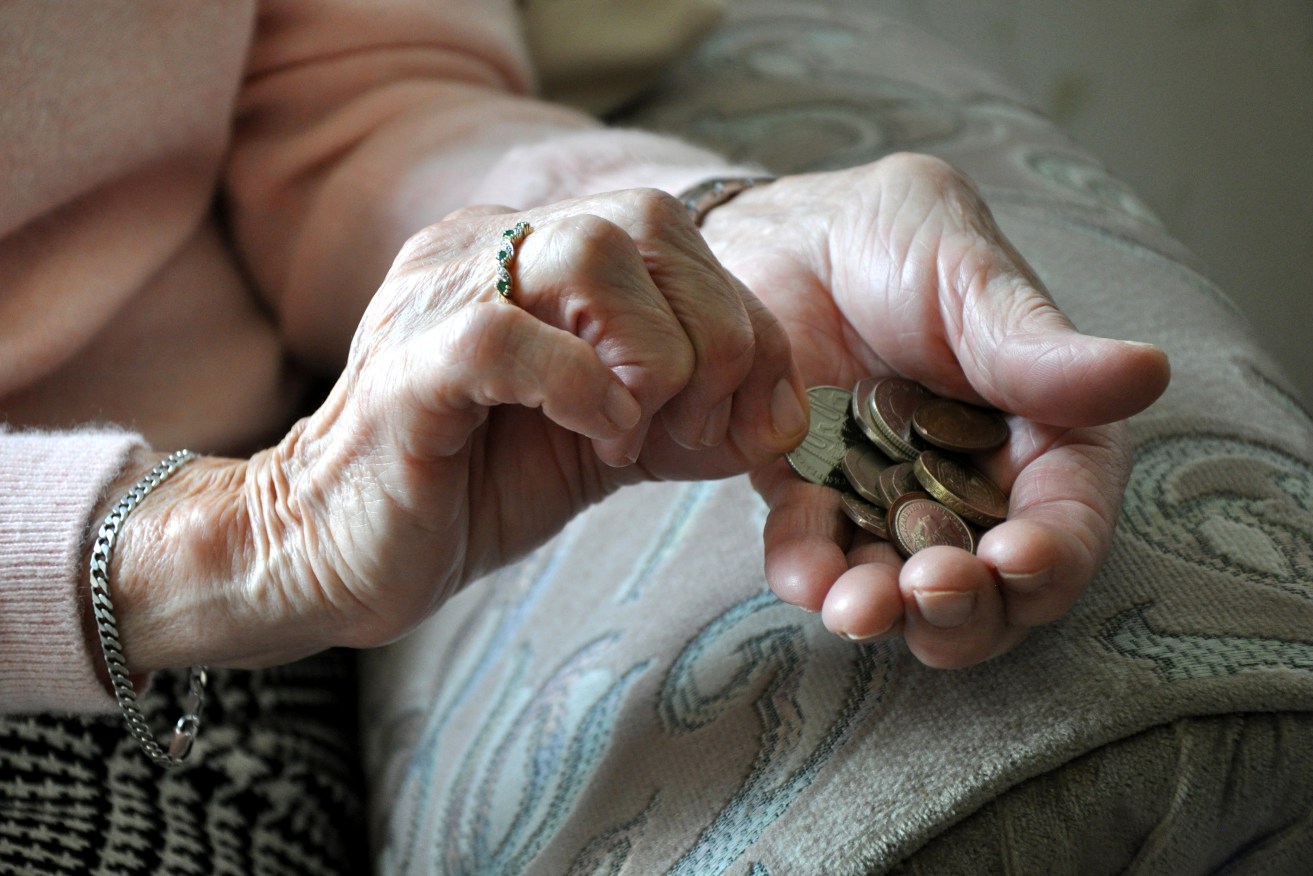Challenges ahead for SA’s ageing sector
South Australia’s aged-care sector is anticipating fundamental change in the near future – including a rise in service costs that will come as a shock to some vulnerable older people, write Andrew Beer and Wendy Lacey of UniSA’s Business School.

Photo: Kirsty O'Connor/PA Wire
In the hubbub of an election it is all too easy to lose sight of the fundamental work governments do in providing services, supporting communities, encouraging a prosperous economy and providing the framework for our lives. This is, perhaps, a lesson that the people of Britain are being reminded of at some cost.
We can see parallels with change in the aged-care sector in South Australia, which is confident of its capacity to meet needs but is rightly concerned about the prospect of too frequent policy change making it difficult to provide the best possible services to older people.
It is also concerned that many in the community are not well prepared for the emerging user-pays environment.
Older Australians are one of the most vulnerable groups in our society, with the ageing of the population placing increasing pressure on public-sector budgets for the delivery of specialist aged-care services, as well as in the broader community-wide fields of health, housing, public transport and social inclusion. The Australian Government carries much of this cost, but state and local governments are also affected.
How support and care is provided to older Australians is changing. In a series of reforms introduced under the Gillard-Rudd governments and implemented under the Abbott-Turnbull governments, there has been a shift away from a “one size fits all” approach, where the Federal Government funds agencies to provide a set bundle of supports to those in need, towards a “personalised care” model which treats individuals as consumers, able to select the assistance they most desire.
Other changes are taking place in the aged-care sector, with the number of people aged over 65 in Australia forecast to double in the next 20 years, growth in the nation’s “old-old” population (those over 85), and an increasing focus on the use of technology to deliver support to the aged.
But what does all this mean for the aged-care sector in South Australia and its capacity to continue to deliver excellent services?
At the start of this year, UniSA researchers surveyed agencies that provide support to older South Australians.
We wanted to find out how they were adapting to this new environment, what were the potential threats that most concern them, and which strategies they were adopting to bring about change.
The research revealed a sector looking at a fundamental restructuring in the near future:
- Three-quarters of those who responded to the survey expected the sector to consolidate in the near future, with fewer, larger organisations enduring;
- Two-thirds expected staff shortages to challenge the operation of agencies, with many looking to new technologies to provide solutions;
- All participants in the survey expected the sector to be subject to ongoing government policy change. Respondents agreed or strongly agreed that further government-driven change was on the way;
- Almost everyone working in the sector felt policy would result in older people paying for at least some of the services they need. This will represent a major shock for some in the community;
- Only one-quarter of respondents felt investment by international sources would be needed to meet needs but two-thirds felt it would be increasingly difficult for individual agencies to differentiate themselves from others;
- And, despite the forecast growth in the older population, almost 70 per cent of agencies felt their further growth and development was uncertain.
Overall, however, the aged-care sector has a positive outlook. It acknowledges that it has capacity for growth and innovation, and it recognises that securing the staffing it needs will remain a challenge, but it sees some of the answers in the further development of technologies and it identifies government policy and policy change as an important risk.
The last point is key. In the 21st century, we accept that technology can have a disruptive impact on established enterprises and industries, but we often overlook the costs to vulnerable individuals. Many older people – and certainly those in receipt of aged-care services – are at risk and have a restricted capacity to adapt to changing circumstances.
As a community, we need to acknowledge this uncomfortable truth and take every measure to ensure that policy shifts don’t operate to the detriment of our aged population.
Andrew Beer is Dean of Research and Innovation at the University of South Australia Business School. Wendy Lacey is the Dean and Head of the School of Law at the Business School.




